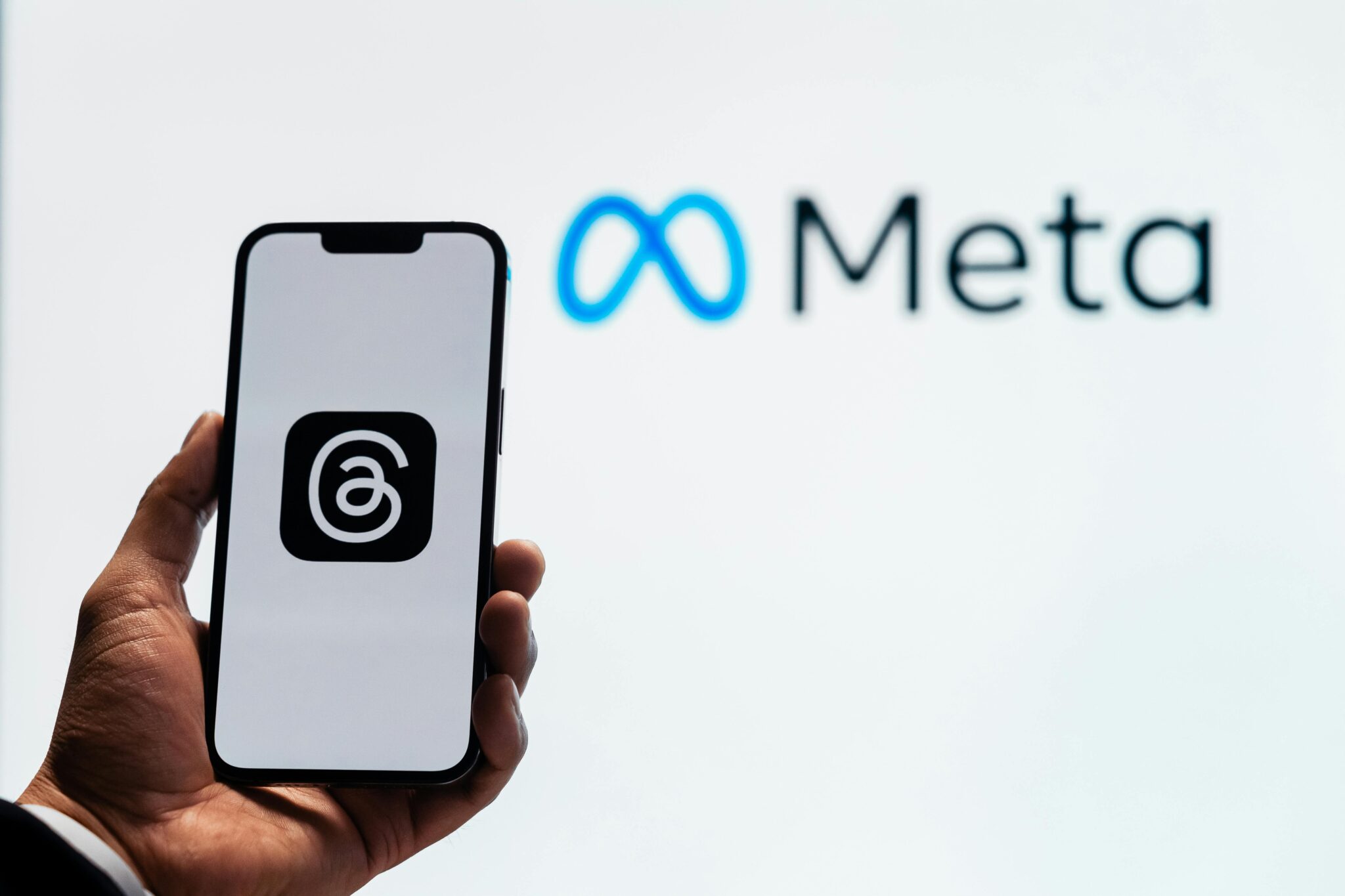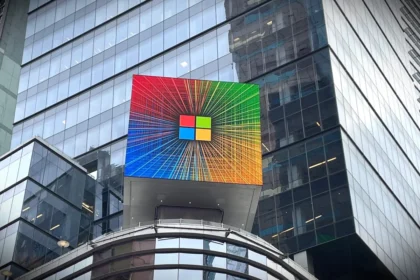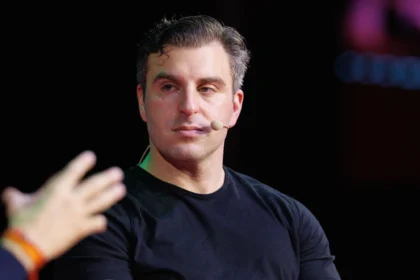Mark Zuckerberg just added a heavy hitter to his growing AI dream team, and no, it is not another former startup founder or crypto bro. It’s Shengjia Zhao, the researcher behind some of OpenAI’s biggest flexes, ChatGPT, GPT-4, and that mysterious reasoning model called o1.
In a post on Threads, Zuck officially announced Zhao as Chief Scientist of Meta Superintelligence Labs (MSL), a shiny new division with ambitions that go way beyond tweaking your Instagram feed.
“Shengjia co-founded the lab and has been our lead scientist from day one,” Zuckerberg wrote. “Now that our recruiting is going well and our team is coming together, we’ve decided to formalize his leadership role.”
Translation: He has been the brains behind the scenes, and now he gets the title to match.
Zhao is not just another AI hire. He is the guy who helped lay the foundation for OpenAI’s most advanced models, including the ones that made AI mainstream. He worked on GPT-4, co-developed OpenAI’s first reasoning model (o1), and helped shape how large models scale and make sense of the world.
While Zhao will drive the research at MSL, the lab itself is run by Alexandr Wang, the former Scale AI CEO. Some eyebrows were raised at Wang’s appointment; he is not a researcher, but pairing him with Zhao creates a yin-yang leadership dynamic: one builds the machine, the other powers it.
Zhao gives Meta scientific credibility in a space that is rapidly being dominated by OpenAI, Google DeepMind, and Anthropic. It is like drafting the star player and the coach in one move.
Related: Meta Pulls The Plug On Political Ads Across The EU
What is Meta Building?
Good question. Meta still doesn’t have a public answer to OpenAI’s reasoning model o1, but it wants one. And fast. MSL is expected to focus on “frontier AI models,” aka the next generation of tools that can reason, plan, and maybe even outthink us (gulp).
To make this happen, Meta has been throwing everything at the wall:
- Hiring away top researchers from OpenAI, DeepMind, Anthropic, Apple, and even its own FAIR team.
- Offering mind-blowing compensation packages, some reportedly in the nine-figure range, with “take it or leave it” deadlines.
- Inviting researchers to Zuck’s Lake Tahoe compound for recruiting dinners that sound suspiciously like an HBO miniseries.
This is not a casual side hustle. It is war. By 2026, Zhao and the MSL squad will be working with one of the most powerful AI training clusters in the world: Meta’s 1-gigawatt Prometheus supercomputer, located in Ohio. For context, that is enough juice to power 750,000 homes, or train a model that might one day replace your manager. Massive compute plus top talent equals Meta’s best shot at getting ahead in the AI arms race.
With Zhao now leading MSL and Yann LeCun still heading Meta’s longer-term AI research (FAIR), Meta has two AI chiefs under one roof. MSL is focused on the near-term race, building models that can rival OpenAI and Google now. FAIR is Meta’s moonshot lab, working on ideas that might pay off 5–10 years down the line.
It is unclear how MSL, FAIR, and Meta’s generative AI team will all fit together. But one thing is obvious: Meta is stacking its AI bench harder than any tech company this year.
Meta is not playing catch-up; it is building a superteam. With Shengjia Zhao steering the science and Prometheus powering the code, Meta has put itself in serious contention to lead the next wave of AI innovation.
Will Meta finally become an AI company, or will it just continue to build smarter ways to serve you ads?







